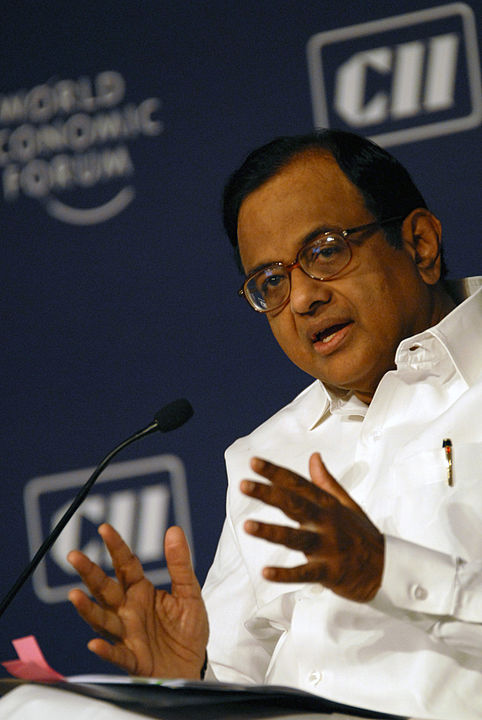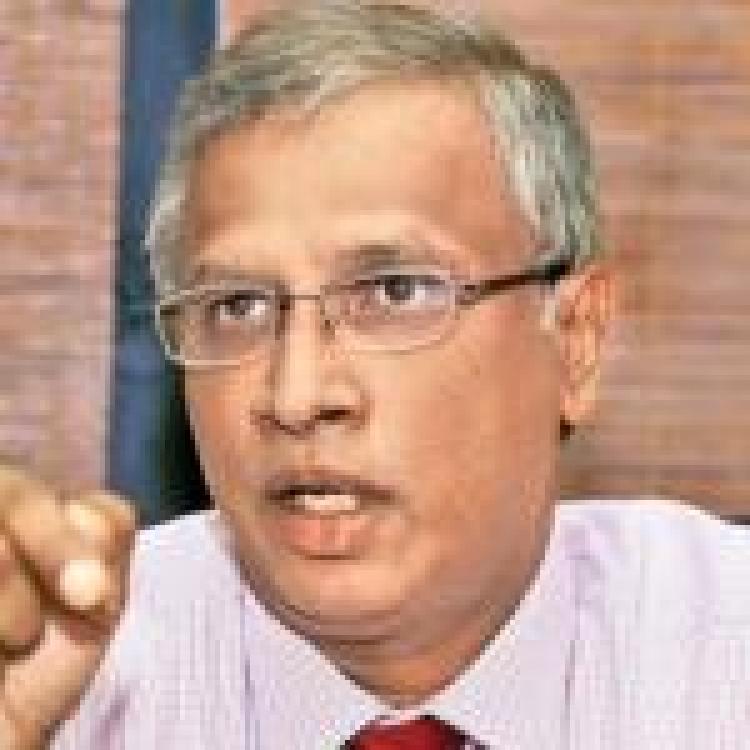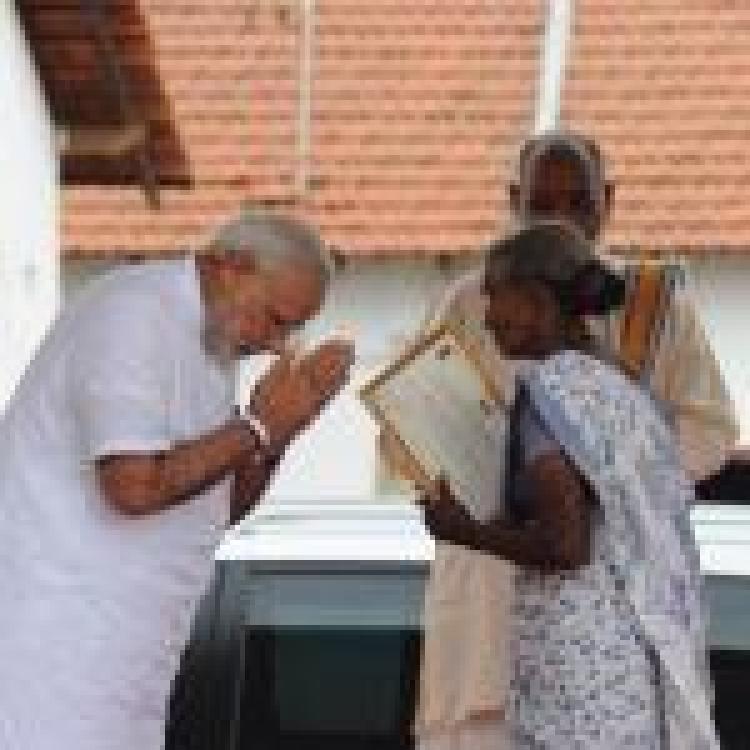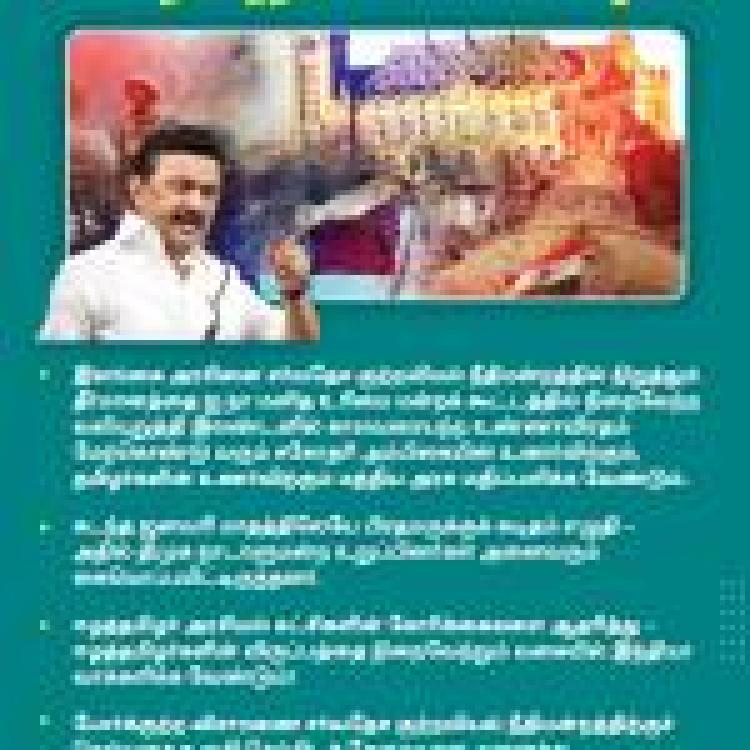
Responding to UN resolution on Sri Lanka, which mandates that the Office of High Commissioner for Human rights must gather and preserve evidence for a future war crimes tribunal, former Indian Finance Minister and member of the Rajya Sabha, Palaniappan Chidambaram described India’s abstention as a “gross betrayal of the Tamil people”.
On Twitter he stated:
India abstained from voting on the Resolution on Sri Lanka in the UN Human Rights Council.
— P. Chidambaram (@PChidambaram_IN) March 24, 2021
This is a gross betrayal of the Tamil people and their unanimous sentiment and desire.
He further called on the people of Tamil Nadu to punish the AIADMK-BJP alliance. This statement comes in advance of the Tamil Nadu elections set for 6 April and lasting till 2 May. Chidambaram served under both the Manmohan Singh, which was in power during the Mullaivaikkal massacre, and the Rajiv Gandhi administration , which oversaw the IPKF intevention.
India’s abstention
During the Human Rights Council session, India’s representative maintained that the country’s position was guided by two principles:
“One is our support to the Tamils of Sri Lanka for equality, justice, dignity and peace," it said. "The other is in ensuring the unity, stability and territorial integrity of Sri Lanka. We have always believed that these two goals are mutually supportive and Sri Lanka’s progress is best assured by simultaneously addressing both objectives.”
India’s demand for the full implementation of the 13th amendment and for devolution has been rejected by Sri Lanka’s Foreign Secretary who decried the measure as leading to separatism.
India’s statement follows remarks by Indian Prime Minister Narendra Modi, and his External Minister, expressing concern over Tamil rights and issues such as the murder of Tamil Nadu fishermen. However, this concern failed to materialise in a vote in favour of the UN resolution and India has gone on to offer aid to Sri Lanka’s navy despite concerns over the death of these fishermen.
Relations between India and Sri Lanka have further soured following Sri Lanka’s unilateral withdrawal from the East Colombo Terminal agreement and Sri Lanka’s decision to permit China to build three power plants on islands just off the coast of Jaffna.
Read more here.




